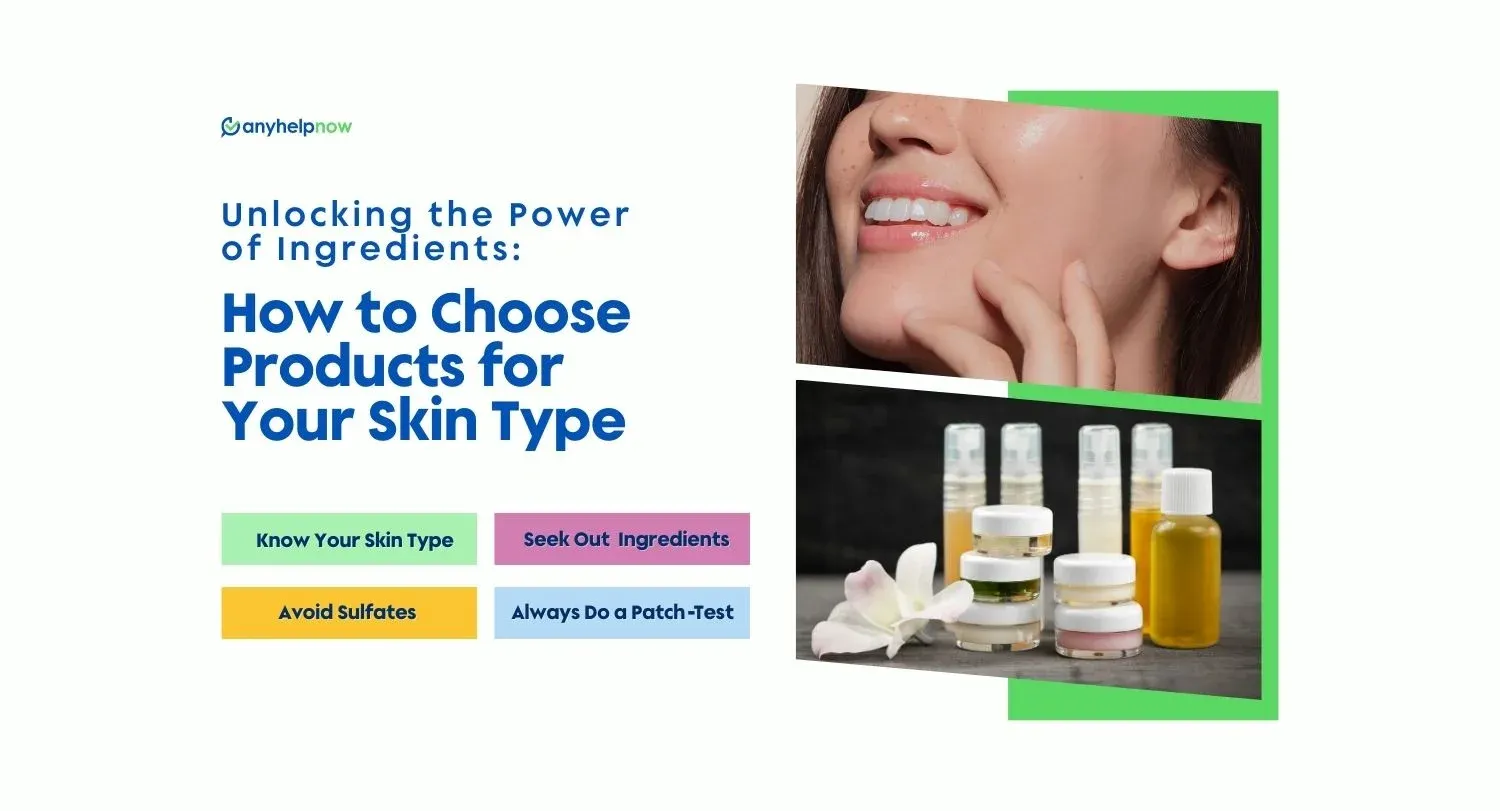Navigating skincare based on skin type and ingredient lists can be akin to deciphering a foreign tongue, particularly if one lacks a background in Latin or a degree in chemistry. The International Nomenclature of Cosmetic Ingredients (INCI) strives to establish a universal language of ingredient names on labels worldwide. However, INCI, unfortunately, does not cater to consumers. Often, manufacturers offer assistance by placing the everyday name in parentheses next to the scientific name, such as tocopherol (vitamin E). Absent such guidance, an ingredients list appears as an unfamiliar concatenation of long words separated by commas.
Instead of conducting investigative work, opting for skincare products and ingredients with a cult following may be simpler, especially in the current era of beauty influencers. Yet, this may not always be the optimal approach. There is no one-size-fits-all solution for skin care. Dr. Jennifer David, a dermatologist specializing in cosmetic dermatology and skin-of-color dermatology, emphasizes the necessity of an individualized approach. "What works for your best friend may not work for you."
A customized approach is crucial to find the appropriate skincare products with the right ingredients for your skin. This process necessitates additional time and patience, but the outcomes are worthwhile. Fortunately, we consulted dermatologists to render the whole process less daunting. Equipped with this knowledge, one can become a confident and informed consumer and, with any luck, circumvent reactive skin mishaps when attempting novel products in the future.
Know Your Skin Type
Determining the best skincare products for your skin type is crucial in achieving healthy skin, as cosmetic dermatologist Michele Green, MD suggested. Skin type plays a crucial role in this process, as using the wrong product for your skin type can lead to negative consequences. While there are no bad products, people with different skin types must select the right ones.
Individuals with acne-prone or sensitive skin must be careful when selecting skincare products, as different ingredients can trigger breakouts or irritation. In contrast, oily skin can tolerate a broader range of ingredients that may cause problems for other skin types. Dr. Green recommends specific ingredients for each skin type:
For oily skin: use products with alpha hydroxy acids (such as glycolic or salicylic acid), benzoyl peroxide, and hyaluronic acid. These ingredients help control excess sebum production, while hyaluronic acid provides hydration to the areas that need it.
For dry skin: look for products containing shea butter and lactic acid. These ingredients provide hydration and mild exfoliation, keeping dry skin looking radiant.
For sensitive skin: Use aloe vera, oatmeal, and shea butter products. These ingredients work as excellent moisturizers and typically do not cause breakouts.
If you are unsure about your skin type, you must visit a dermatologist to confirm. After identifying your skin type, you can select products that are best suited to your specific needs.
Don't Buy Into the Hype
Dr. David emphasizes that we shouldn't be swayed by packaging or popularity when selecting skincare products. It's important to consider the type of skin a friend or influencer has when recommending a product rather than just their current skin appearance. This will give you a better indication of whether the product will work for you.
In recent years, popular products like the St. Ives Apricot Scrub and some Mario Badescu creams have faced lawsuits from consumers who experienced adverse reactions. However, this doesn't necessarily mean these products are bad for everyone. The backlash against popular skincare brands and products reminds you that just because something is popular doesn't mean it's the right product for you.
Ultimately, checking the ingredients list is still the best way to determine if a product suits your skin, regardless of how many positive reviews it has online.
Seek Out these Ingredients.
Glycerin: Dr. David refers to glycerin as the fundamental ingredient in moisturizing products.
Ceramides and hyaluronic acid are important moisturizing agents naturally found in the skin. According to Dr. David, she likes to use hyaluronic acid in serum form, while for lotions and creams, she prefers to look for products containing glycerin and ceramides as they are important moisturizing agents.
L-Ascorbic acid (Vitamin C): Vitamin C in the form of l-ascorbic acid is an antioxidant that can help reverse damage caused by UV radiation and promote the production of collagen in the skin.
Tocopherol (Vitamin E): Vitamin E has properties similar to Vitamin C and works best when combined as a powerful skincare duo.
Retinol: Retinol is an important ingredient to include in your nighttime skincare routine. It helps to accelerate skin cell turnover and promote the production of collagen.
Niacinamide (Vitamin B3): The compound in question exerts influence over sebum production while imbuing the dermis with moisture and restoring homogeneity in complexion.
Avoid these ingredients
Fragrance/parfum: Including aromatic substances in a given product may engender hypersensitivity and inflammation of the integument, making it crucial to abstain from such compounds, particularly if one's cutaneous tissue is predisposed to react adversely.
Sulfates: Sulfates which function as detergents, are commonly present in personal care items such as shampoos and body washes. They tend to deprive the hair and epidermis of their inherent oils, leading to potential irritation.
Parabens: Parabens are frequently utilized in merchandise as a synthetic preservative for staving off bacterial proliferation. Notably, these compounds, regarded as estrogen analogs by Dr. David and other specialists in the field, have the potential to yield detrimental outcomes over extended periods by perturbing hormonal equilibrium. Dr. David and Dr. Green alike advise that this could be an issue of concern for juveniles and individuals with a heightened susceptibility to breast cancer.
Formaldehyde and formaldehyde releasers: Formaldehyde, a well-established carcinogen, is seldom observed in the roster of constituents at present. However, Dr. David elucidates that alternative substances (quaternion-15, DMDM hydantoin, thiazolidine urea, imidazolidinyl urea) bearing dissimilar names have taken its place, possessing the capability of emitting formaldehyde gradually to function as preservatives. Although the potential for harm brought about by these compounds is not yet fully substantiated, Dr. David recommends being vigilant and mindful of them as they may lead to allergic reactions.
Know that Natural doesn't Always Mean Better.
Although it may be reassuring to recognize familiar words in the list of components, it doesn't necessarily imply the safest option. Dr. David cites the example of poison ivy, a natural oil that you wouldn't want to apply all over your skin. "I frequently have patients who exhibit reactions to natural essential oils, so once again, it's an individualized matter where you need to do what's best for yourself," Dr. David advises.
Dr. David also cautions that terms such as natural and organic on product labels can be more of a marketing ploy than anything else. These terms are not regulated and lack specific industry standards so they can amount to hollow promises. Additionally, some products may only refer to one or two of the constituents on the list as "natural."
Pay Attention to the Order of Ingredients.
To make informed decisions about which skincare products to use, it's important to understand where certain ingredients fall on the ingredients list. According to Dr. David, a good starting point is to examine the first five ingredients listed on the label, as they comprise most of the product's composition.
If a problematic or potentially irritating ingredient is present among the first five, it's best to avoid that product altogether. On the other hand, if you're specifically looking for a product with certain ingredients, but those ingredients are listed at the end of the ingredients list, you may not experience the desired benefits since they only make up a small percentage of the overall product. It's essential to carefully examine the order of ingredients to make informed decisions about which products to use.
Don't Fear the Long Ingredients List.
We're often advised to choose foods with shorter and more familiar ingredient lists, but when it comes to skincare products, this rule doesn't always apply. If you're looking for anti-aging properties or investing in medical-grade skincare, the ingredient list may naturally be longer.
However, this shouldn't necessarily discourage you. In such cases, Dr. David suggests seeking assistance from a dermatologist or using technology to determine if the product fits you.
Use Your Resources
You don't need to be an expert to choose skincare products with the right ingredients. You can make the process easier by using online resources. Dr. David recommends two databases for researching ingredients and products: the Environmental Working Group's (EWG) Skin Deep database and CosDNA.
The EWG is a non-profit organization focused on research and education related to environmental and human health. In the Skin Deep database, skincare products are rated and scored based on various factors, including manufacturing practices and potential health hazards.
On the other hand, CosDNA provides detailed information on individual ingredients in a product, including their functions and safety score.
Always do a Patch Test.
Performing a patch test is a wise step in your process of eliminating unsuitable skincare products. It also gives you a perfect reason to visit Ulta or Sephora without making any purchases.
A patch test can help you determine if certain products or ingredients will cause allergic reactions, irritate your skin, or clog your pores. According to Dr. Green, if a product is making your skin worse or irritating it in any way, stop using it, as it's not the right product for you.
Though testing all your ingredients before committing to them takes some time initially, it can save you a lot of money and trouble in the long run.


